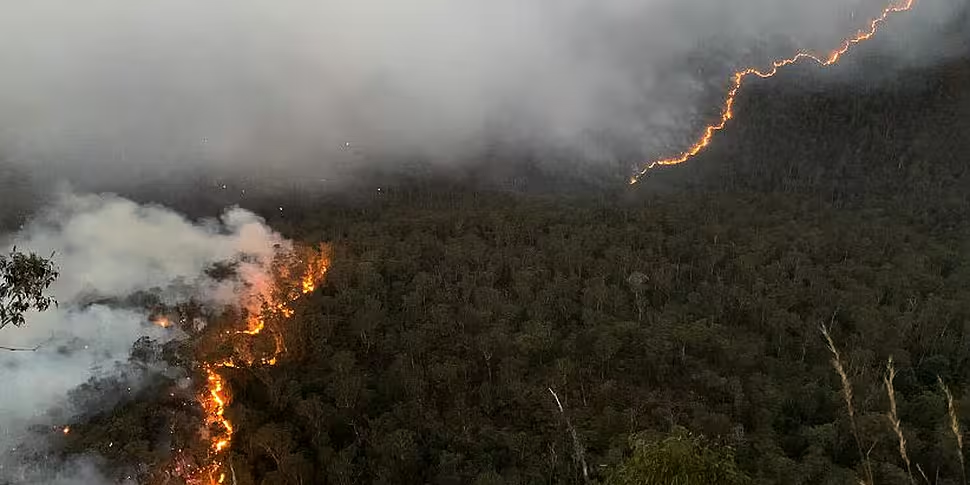Strong winds and high temperatures are spreading more than 100 bushfires in southeastern Australia in what are being called 'catastrophic' conditions.
A number of people - including two volunteer firefighters - have died in fire-related incidents, while hundreds of homes and millions of acres of land have been destroyed.
Authorities have issued total fire bans in several areas as they work to limit the number of blazes.
The fire danger rating for a number of areas - including the Greater Sydney region - has reached the highest rating of 'catastrophic'.
A state of emergency is in place for New South Wales.
With Christmas approaching, people in the state are being advised by police to delay all non-essential travel due to the unpredictable conditions and the proximity of blazes to roads and highways.
Amid the ongoing crisis, Australia's Deputy Prime Minister Michael McCormack has admitted the country needs to do more to tackle climate change and that the discussions 'can be had'.
However, he told ABC News: "The important thing is we put the fires out and wrap our arms around those people who have lost loved ones, the important thing is we fully address these fires as they are occurring.
"Climate change isn't the only factor that has caused these fires: there's been dry lightning strikes, there's been self-combusting piles of manure, there's been a lot of arsonists out there causing fires."
Australian Prime Minister Scott Morrison has cut short a holiday to Hawaii in the wake of criticism that he was away instead of overseeing efforts to tackle the deadly fires.
The ongoing heatwave in Australia has seen most parts of the country hit with temperatures of over 40 degrees Celsius this week, with the previous record for the country's hottest day broken twice in recent days.









